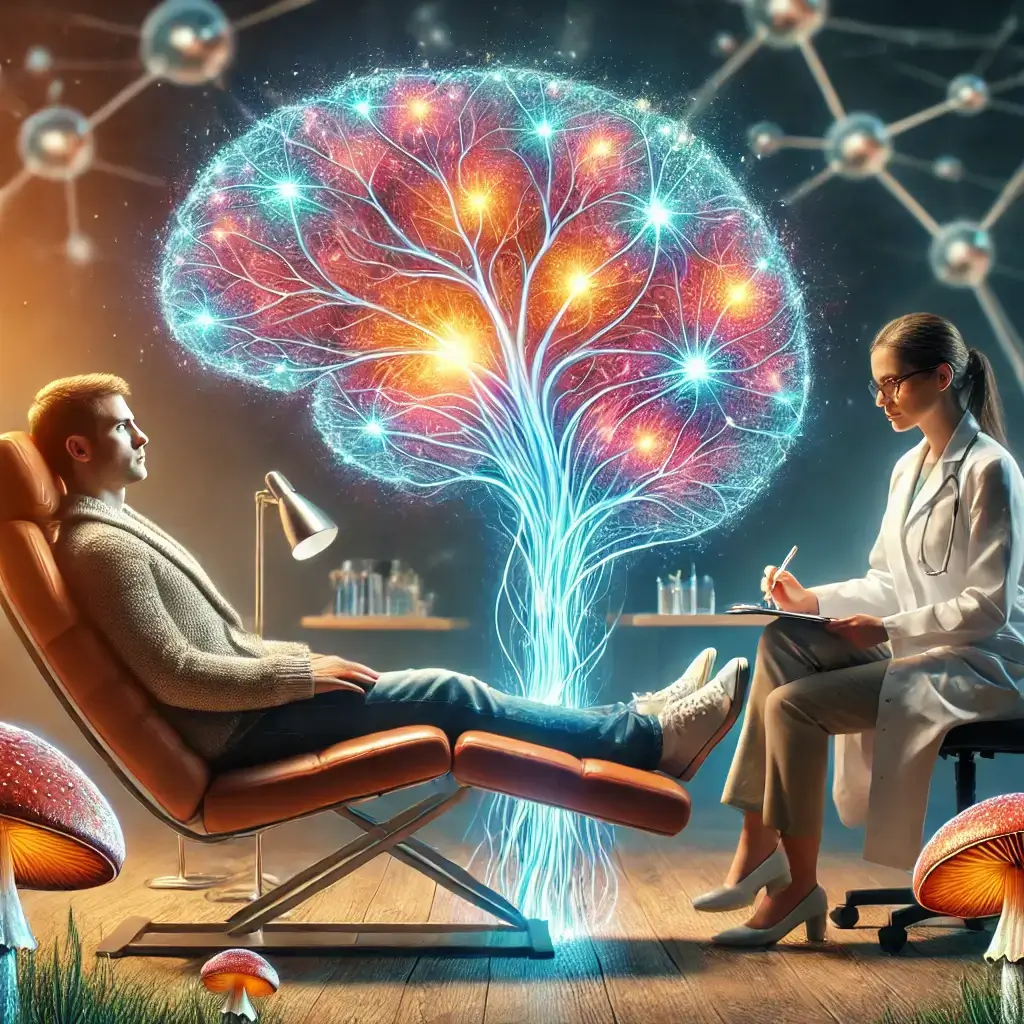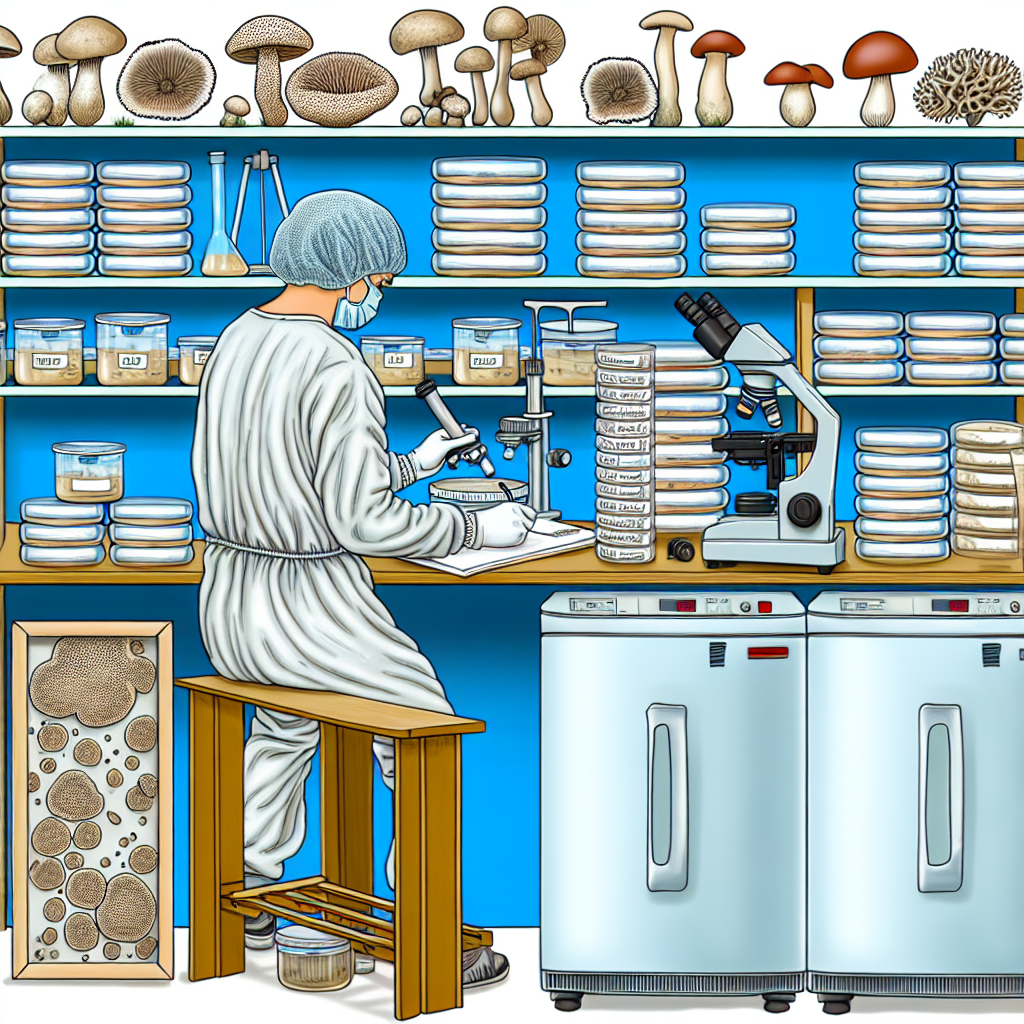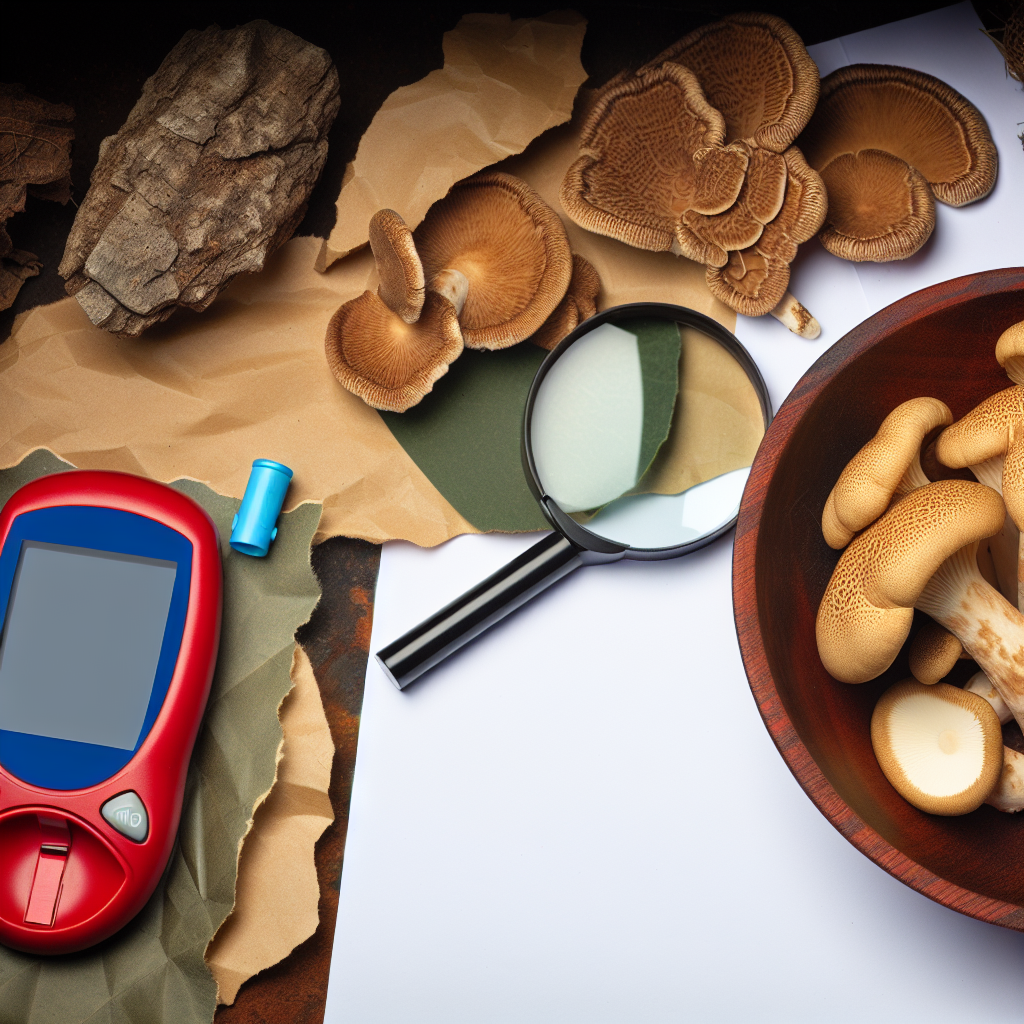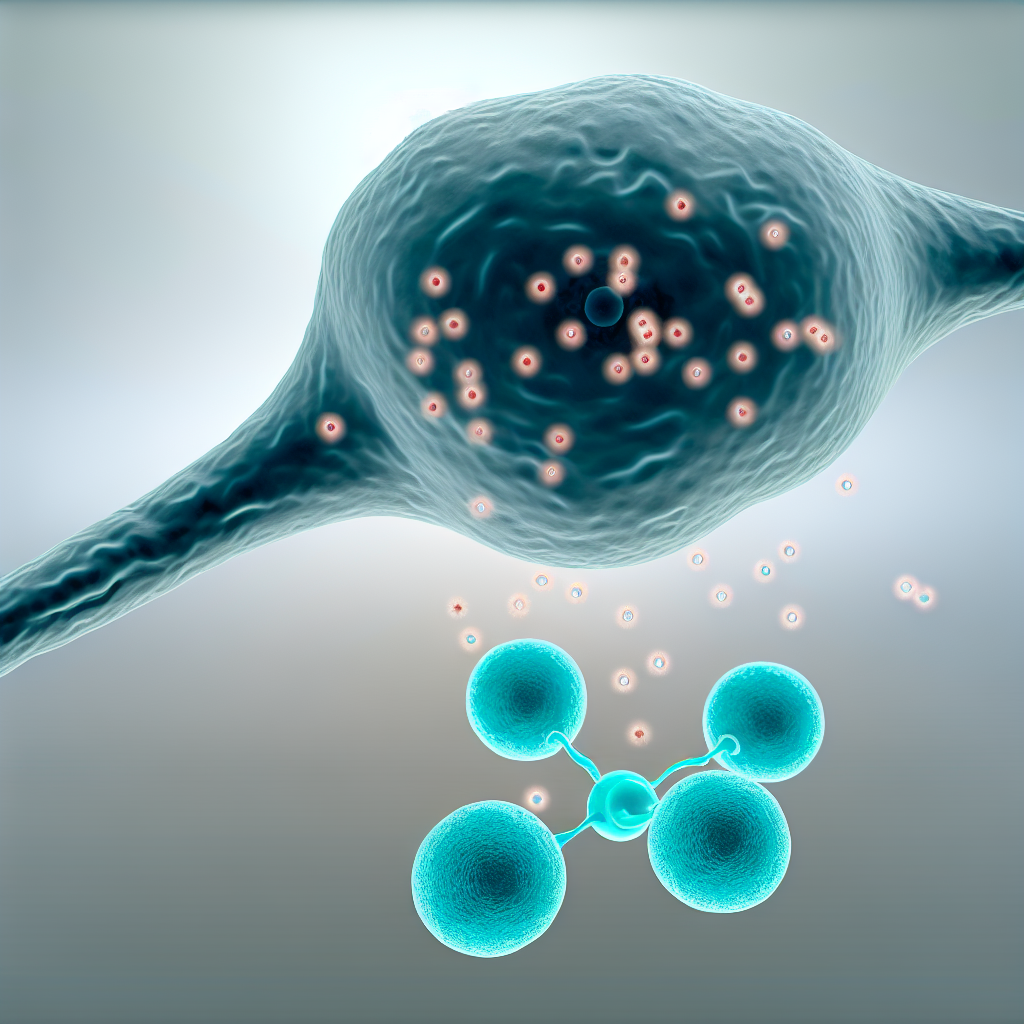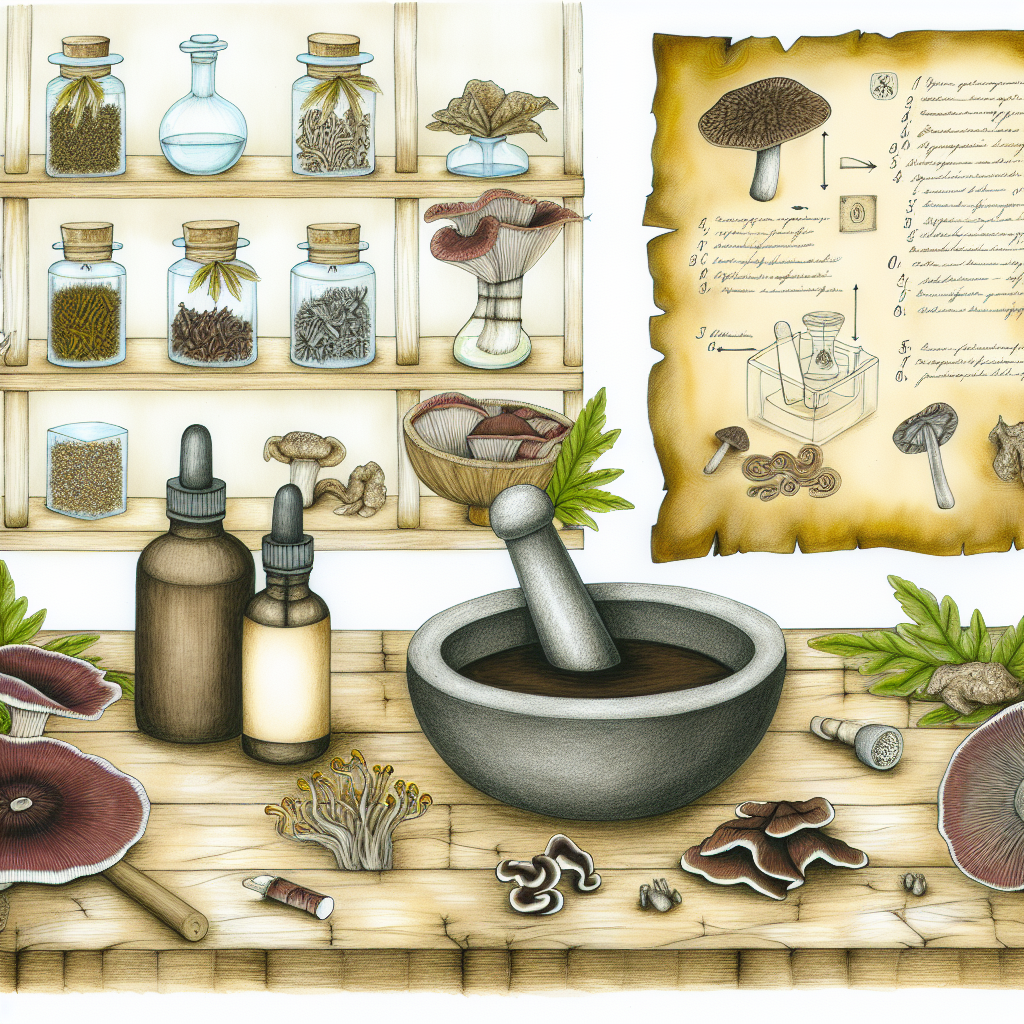Potential Treatment Investigation
The active ingredient in magic mushrooms, known as psilocybin, is being investigated as a potential new treatment for major depressive disorder (MDD). psilocybin-assisted therapy for depression treatment has been shown in a number of studies to be capable of producing rapid and sustained reductions in the severity of depressive symptoms.
Research Findings
One study, which was conducted by researchers and published in the year 2018 in the journal JAMA Psychiatry, found that a single dose psilocybin with psychological support was more effective than a placebo in reducing the severity of depressive symptoms in patients diagnosed with MDD. After receiving treatment, the effects of psilocybin were observed to last for up to six weeks.
Comparative Study Results
Psilocybin therapy versus standard antidepressants was found to be more effective in reducing depressive symptoms in patients with MDD who had not responded to other treatments. This research was published in the journal Nature Medicine in 2021. After receiving treatment, the effects of psilocybin were observed to last for a period of up to one year.
Neuroplasticity Effects
It is believed that psilocybin works by increasing neuroplasticity, which can be defined as the capacity of the brain to change and adapt. This can result in the formation of new neural connections and pathways, both of which may contribute to an improvement in mood and a reduction in the symptoms of depression.
Brain Adaptation Mechanisms
The capacity of the brain to change and adapt in response to new experiences and external stimuli is referred to as neuroplasticity. According to research, psilocybin effects on neural pathways appears to work by increasing neuroplasticity. Psilocybin, in particular, has the potential to encourage the formation of new neural pathways in the brain and to boost the growth of new synapses, which are connections between neurons.
Mental Health Benefits
These shifts in neural activity have the potential to bring about a wide variety of beneficial effects, both for one’s mood and for their mental health. Psilocybin, for instance, has been shown to alleviate the signs and symptoms of depression, anxiety, and post-traumatic stress disorder (PTSD) in certain individuals. Additionally, it has the potential to boost feelings of well-being, creativity, and openness to new experiences.
Treatment Considerations
It is essential to keep in mind that psilocybin treatment under medical supervision is not a panacea for all conditions related to mental health and that it should only be used under the supervision of a qualified medical professional. In addition, there is a need for additional research in order to have a complete understanding of the potential benefits and risks associated with this substance.
Clinical Environment
Psilocybin therapy in clinical settings is almost always carried out in a hospital or other clinical environment, and it is always carried out under the supervision of qualified therapists. After administering a single dose of psilocybin, patients are then observed for a period of several hours.
Future Prospects
Psilocybin-assisted therapy is still being researched, but the findings of the studies that have been conducted so far suggest that it is a promising new treatment for major depressive disorder (MDD). Although additional study is required to verify the long-term safety and effectiveness of psilocybin-assisted therapy, there is reason to believe that it could usher in a new era in the treatment of major depressive disorder (MDD).
Legal Status
Psilocybin is a drug that is classified as a Schedule I substance in the United States. This classification indicates that the substance has a high potential for abuse but no recognized legitimate medical use. Psilocybin, on the other hand, has been granted FDA Breakthrough Therapy designation for depression, which indicates that it may be given priority status during the process of development and review.
Next Steps
Talk to your physician about psilocybin-assisted therapy if you’re interested in trying it out. They are able to assist you in determining whether you are eligible for a clinical trial or treatment program and in finding one.

Dominic E. is a passionate filmmaker navigating the exciting intersection of art and science. By day, he delves into the complexities of the human body as a full-time medical writer, meticulously translating intricate medical concepts into accessible and engaging narratives. By night, he explores the boundless realm of cinematic storytelling, crafting narratives that evoke emotion and challenge perspectives. Film Student and Full-time Medical Writer for ContentVendor.com
